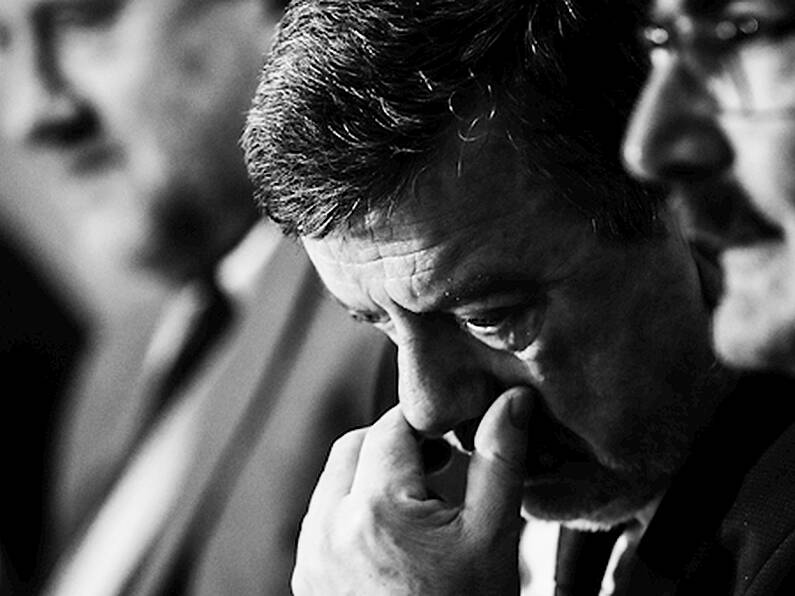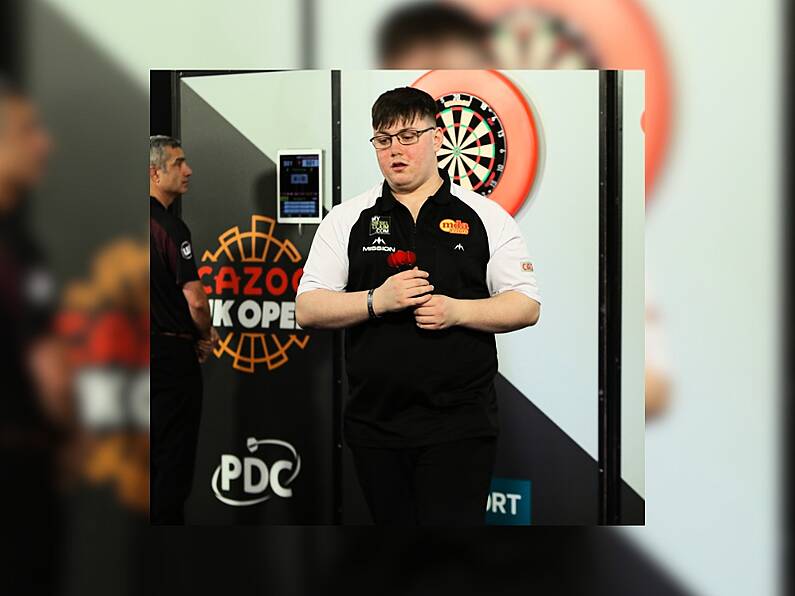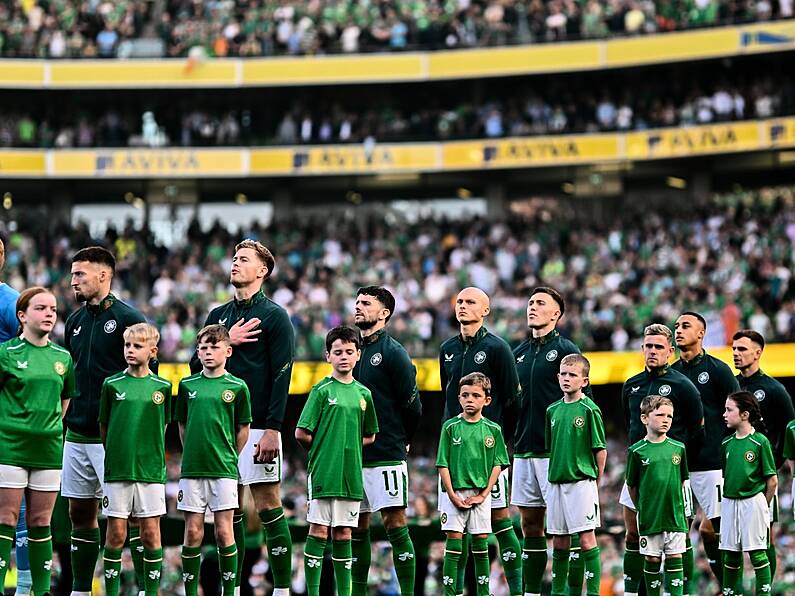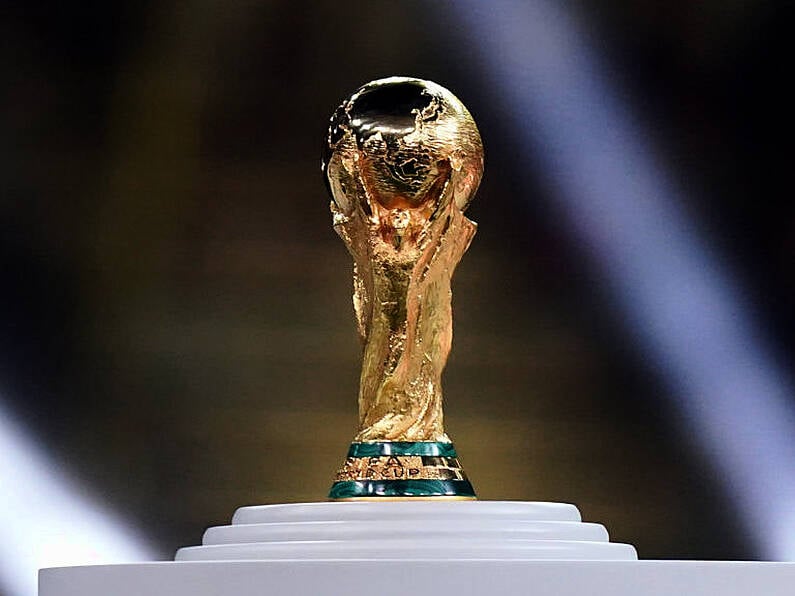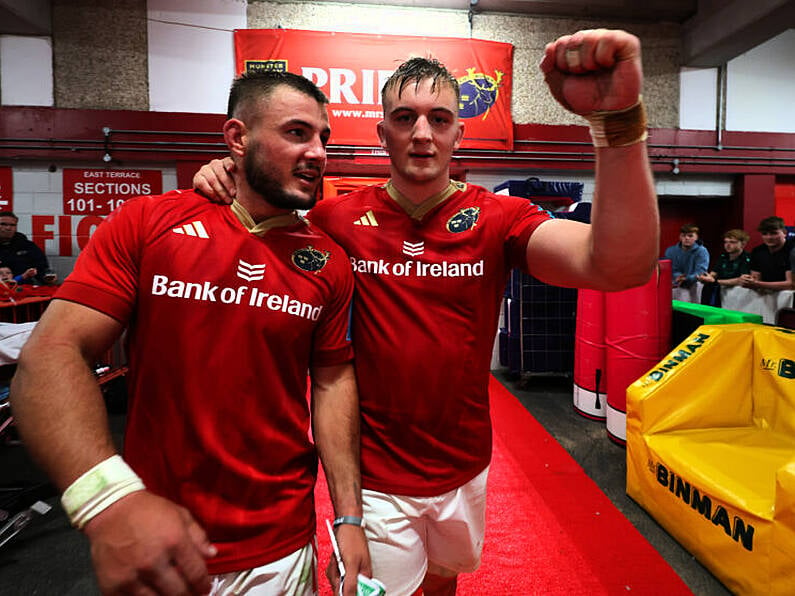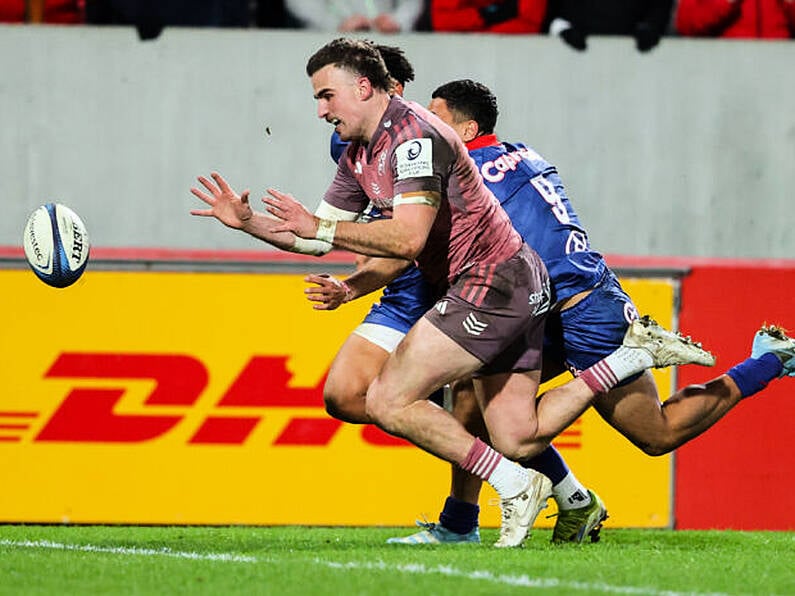By Liam Mackey
Donal Conway, who is to step down as FAI President in January, says he believes he has done Irish football some service and that his culpability in the crisis which has engulfed the organisation is more a sin of omission than one of commission.
He was speaking after Black Friday came one week late for the FAI, with the long-delayed publication of their accounts showing the full extent of the association’s financial crisis.
The press conference at which the association’s grave plight was starkly outlined had followed the announcement that, having been re-elected to the position last July, Conway’s one-year term as president would now come to a premature end — something which has been long demanded by Sport Minister Shane Ross in his quest for wholesale regime change at the FAI.
Asked if he felt he served the game in Ireland during his 14 years on the FAI board, Conway said: “I do. I feel that I’ve invested a significant amount of time in key areas of Irish football. The underage game — everything draws from that well, ultimately. I’ve spent a lot of time in all sorts of capacities working in the underage game before I arrived at the board. But even from there on, I would always have supported and sponsored the Emerging Talent Programme and invested a huge amount of time in player development. I’m leaving my position earlier than I should have and that’s an acceptance of the collective failure of a board that I was a part of.”
Conway suggested that the full story of how the FAI was laid low will only be known when ongoing internal and external investigations are completed.
“When they reach their conclusion, the truth will be out there,” he said. “People will know who did what. My guilt is not a sin of commission; it is a sin of omission. That’s how I would describe my time on the board. Other than that, it’s for other people to judge but I don’t think that any of the other work that I have been involved in is destroyed because of that. But I would emphasise that when we all know everything, it will be a sin of omission on my part.”
On whether his imminent resignation might help accelerate the restoration of government funding, Conway said: “I certainly hope it does. But can I say that many weeks ago Sport Ireland communicated with us and they set out the conditions for the restoration of funding. The [appointment] of independent directors, that’s a really key condition. The KOSI report was a condition. Today is a condition — the publication of our accounts — and the adoption of the accounts at the AGM. These are all built into the conditions as outlined for us by Sport Ireland for the resumption of funding.”
Conway clarified that the delay in publication caused by the referral to gardaí of the KOSI report — an independent forensic audit of the FAI’s finances commissioned by Sport Ireland — is no longer an impediment to the appointment to the board of four independent directors, including an independent chairperson, which Mr Ross has highlighted as an urgent requirement in FAI reform.
Conway said he and a fellow FAI director met with Amrop, the firm overseeing the recruitment of the directors, on Thursday, and he was now satisfied that the way was clear to proceed with the appointment of the directors.
“Yes, the need to see KOSI was a condition initially but that’s not feasible now,” said Conway. “To see these financials [as revealed in the accounts] — that would be the key aspect, particularly for the prospective chairperson. That’s certainly the way we left the meeting — that that satisfies that.”
Despite publication of those accounts revealing that auditors Deloitte feel there is not “sufficient audit evidence that the [FAI] will be able to meet its liabilities as they fall due”, the association’s executive lead, Paul Cooke, insisted that Irish football’s governing body is not at risk of insolvency.
“We have all signed up to a set of accounts where we, as directors now, believe the FAI is a going concern,” said Cooke. “That’s not to deny that there are enormous financial challenges. But we have worked at fixing those since last March/April and believe that, over a number of years out to 2022/23, we can fix the financial challenges that are there. We are all signed up to that. We all believe that.”
Cooke also said that the €462,000 settlement agreed with John Delaney marks the definitive end to the FAI’s obligations to the former CEO.
“That’s a full and final settlement,” he said. “There is no ongoing liability, relationship, anything. Nothing further. It has been paid and there is nothing else to be paid. If the two 2014 [loyalty] contracts had run their full course, we had a potential liability of €3 million to him. We settled that for €462,000.”
A key part of plotting their way out of the mess in which they find themselves will require a refinancing deal which, the FAI say, will mean that they won’t need to continue to rely on financial support from Uefa to meet their needs.
“We are confident that we are going to get the financing and everything is going to run smoothly,” said Cooke. “When we have our refinancing package finally approved we have enough to get us through to 2022/23.”
When it was pointed out that the FAI had reportedly been confident of securing an extension of their flagship sponsorship with Three up until this week, when the telecoms company announced it would not be renewing the deal next year, Conway said: “We were in conversation with Three about renewal. Three, like any sponsor, have options. They are very interested in the music industry as well and I think that their research might tell them that the music customer is a more valuable customer than the football customer. We had moved on discussions with them but there was no deal signed. So we have eight months to replace them, and that’s a huge challenge for our commercial department, our board and our new independent directors.”
Conway was at pains to stress that the FAI’s financial plight will have no impact on Dublin’s hosting of games at the Euro 2020 Finals.
“Euro 2020 is Uefa, is the FAI, and our partners are Dublin City Council and the Government itself,” he said. “DCC and the Government are contracted and spending the support spend that they are committed to, while Uefa — and this is nothing new because they do it with every host city — provide the money to cover the costs. So there is no danger whatsoever to anything around Euro 2020. That proceeds exactly as it is supposed to.”
Would that the same certainty applied to the worrying situation in which many hard-working FAI employees now find themselves as a consequence of financial mismanagement in which they played no part. In the face of the chill blizzard of facts and figures released yesterday, the potential human cost loomed largest of all. But where and how the damage to the Irish game will hit hardest is one thing the FAI are not yet prepared to address in public.
“I’m not going to talk about that now,” Cooke said yesterday. “Not even in broad terms. When we have our refinancing finalised — council will be authorising that — then council will be told. And I think, in fairness, we have a right to tell our staff and council members first.”
FAI Annual Accounts 2018
FAI Revised Annual Accounts 2017
